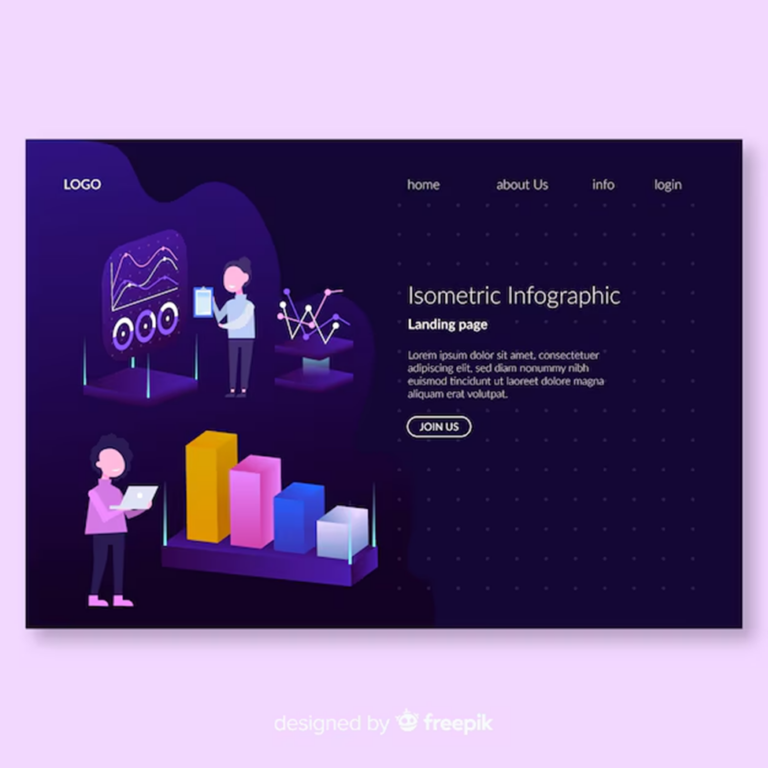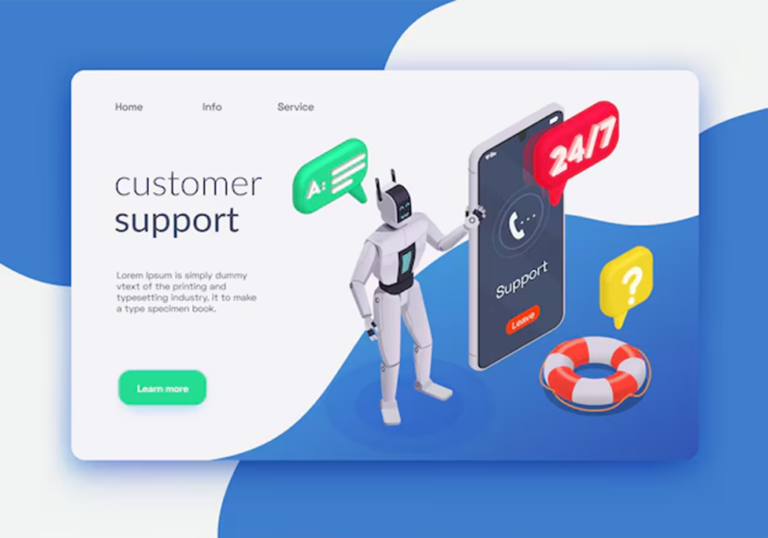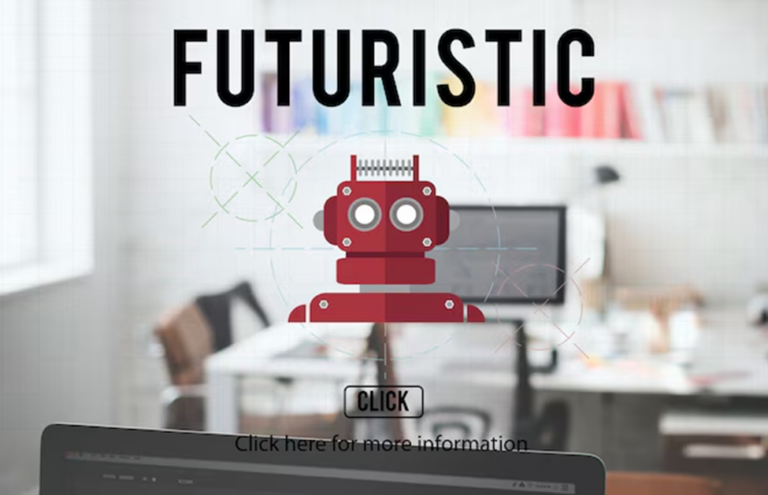AI for Small Business: Top Tools to Boost Productivity
AI for small businesses can revolutionize operations by improving productivity, automating tasks, and optimizing workflows. Discover the top AI productivity tools and automation solutions for SMBs that can drive efficiency and growth.
Introduction
Small businesses often face unique challenges, including limited resources, tight budgets, and the need to remain agile in an ever-changing market. Artificial Intelligence (AI) has emerged as a powerful tool to help small and medium-sized businesses (SMBs) overcome these hurdles in recent years. By automating repetitive tasks, streamlining processes, and providing actionable insights, AI tools are proving to be indispensable for business owners looking to enhance productivity and stay competitive.
The integration of AI for small business isn’t just about cutting costs; it’s about improving decision-making, enhancing customer experiences, and automating time-consuming tasks. This article will explore the top AI tools that can help small businesses thrive, increase productivity, and optimize operations. These AI productivity tools span various functions, from marketing and customer service to project management and financial analysis. Let’s dive into the world of AI tools designed to help small businesses achieve greater efficiency and growth.
AI Tools for Small Business Operations

Trello – AI for Task Management and Collaboration
Trello is a widely used task management tool that helps small businesses stay organized and streamline their project workflows. By integrating AI into its platform, Trello helps businesses automate task management, prioritize assignments, and track project progress. Trello’s AI-powered features, such as intelligent task assignments and predictive due dates, allow teams to focus on their core tasks while minimizing administrative work.
For small businesses, Trello’s simple, user-friendly interface makes managing everything from daily operations to large-scale projects easy. With real-time collaboration and integration with various other business tools, Trello enhances productivity by keeping teams aligned and reducing the chance of errors or miscommunication. In 2025, Trello’s AI capabilities are expected to become even more advanced, with deeper learning algorithms to help businesses forecast project bottlenecks and identify potential risks before they escalate.
Zapier – Automating Workflows Across Tools
Zapier is one of the most popular AI-driven tools for small businesses looking to automate workflows. It allows users to connect various applications and automate repetitive tasks that would normally require manual intervention. For example, Zapier can automatically create tasks in Trello, update a Google Sheet, or send follow-up emails based on triggers such as a new sale, customer inquiry, or completed task.
Small businesses often rely on multiple apps and tools to manage different aspects of their operations, from email marketing to customer relationship management (CRM). Zapier simplifies the integration of these tools and automates processes, saving time and reducing human error. For SMBs with limited resources, Zapier’s AI-powered automation helps them operate more efficiently without the need for a dedicated IT team. In 2025, Zapier’s AI features will become even more advanced, offering smarter workflow suggestions based on user behaviour and operational data.
HubSpot – AI for Marketing Automation and CRM
HubSpot is an all-in-one CRM platform that helps small businesses manage customer relationships and automate marketing efforts. HubSpot’s AI-powered tools include email marketing automation, lead scoring, and predictive analytics, all of which help businesses engage with customers more effectively and boost sales. For small businesses with limited marketing teams, HubSpot’s AI features provide significant value by automating outreach and personalizing communication with customers at scale.
HubSpot’s AI-powered CRM platform enables businesses to track interactions with leads and customers, offering insights that help refine marketing strategies and improve customer engagement. In 2025, the platform will evolve further, offering smarter automation capabilities, deeper customer segmentation, and more advanced predictive analytics. With these AI-driven features, small businesses can improve customer acquisition and retention, all while saving valuable time.
AI Tools for Customer Service

Zendesk – AI for Efficient Customer Support
Zendesk is a customer service platform that uses AI to improve the efficiency of support teams by automating ticketing systems and offering AI-powered chatbots to answer customer queries. Small businesses often face challenges in providing timely customer support, and Zendesk’s AI tools help alleviate that pressure. Its chatbots can automatically triage support tickets, offering immediate responses to common customer issues and freeing up support agents to focus on more complex inquiries.
With Zendesk’s AI capabilities, small businesses can offer 24/7 customer support without significantly increasing their staffing costs. In 2025, Zendesk’s AI will become even more powerful, with enhanced natural language processing (NLP) features that allow chatbots to handle more nuanced conversations and understand customer sentiments better. This will help businesses deliver a more personalized and efficient support experience, improving customer satisfaction and loyalty.
Intercom – AI for Conversational Marketing
Intercom is a conversational AI tool that helps businesses engage with customers in real-time through messaging and chat. It combines AI-driven chatbots with live chat support, allowing small businesses to quickly qualify leads, answer questions, and schedule appointments. Intercom’s AI chatbots are designed to automate conversations and provide immediate responses to customer inquiries, helping businesses deliver timely support without needing a large team.
In 2025, Intercom’s AI capabilities will further evolve with more advanced conversational marketing features, such as personalized product recommendations and smarter lead qualification processes. This will mean more efficient customer engagement, increased conversions, and improved marketing outcomes for small businesses. Intercom’s ability to integrate with popular CRMs and other business tools makes it a powerful option for SMBs looking to enhance their marketing and sales efforts.
AI Tools for Financial Management

QuickBooks – AI for Accounting and Financial Management
QuickBooks is an AI-driven accounting software solution that helps small businesses manage their finances, track expenses, and generate financial reports. With built-in machine learning, QuickBooks automatically categorizes transactions, tracks tax deductions, and generates insights into the company’s financial health. For SMBs with limited accounting resources, QuickBooks eliminates much of the manual work involved in bookkeeping and offers real-time financial insights.
In 2025, QuickBooks’ AI will offer even more advanced features, including automated invoice creation, personalized financial advice, and predictive analytics to help small businesses forecast cash flow and make smarter financial decisions. QuickBooks’ integration with a variety of payment processing and banking apps makes it an essential tool for any small business looking to streamline financial management and improve overall productivity.
Expensify – AI for Expense Tracking and Reporting
Expensify is a tool designed to simplify expense reporting for small businesses. Using AI-powered optical character recognition (OCR), Expensify can automatically scan receipts, extract relevant information, and categorize expenses without the need for manual data entry. This feature saves time and reduces human errors in expense reporting.
In 2025, Expensify’s AI-driven expense management system will become even more intuitive, offering better integration with accounting software and more advanced fraud detection capabilities. For small businesses, this means enhanced control over expenses, fewer administrative tasks, and a more seamless process for managing company finances.
AI Tools for Collaboration and Communication

Slack – AI for Team Collaboration and Communication
Slack is a collaboration tool that small businesses use to streamline communication and keep teams connected. Slack’s AI-powered features help businesses manage conversations, automate routine messages, and provide smart suggestions for team collaboration. Its integrations with other business tools, such as Google Workspace and Trello, make it easier for teams to stay aligned and manage projects efficiently.
In 2025, Slack’s AI capabilities will become more advanced, offering features like automatic message categorization, enhanced voice and video collaboration tools, and smarter team management capabilities. These upgrades will allow small businesses to improve communication and team productivity while reducing the time spent managing conversations and information.
Microsoft Teams – AI for Seamless Teamwork
Microsoft Teams is another popular collaboration tool that integrates AI to enhance productivity. It provides businesses with a centralized platform for communication, file sharing, and project management. Teams use AI to suggest meeting times, transcribe conversations, and automatically organize messages into channels based on context and relevance.
For small businesses, Microsoft Teams is an invaluable tool for remote work, helping teams stay connected and organized. By 2025, Microsoft Teams’ AI features will become even more intelligent, with better integrations for automated workflows, personalized notifications, and advanced meeting transcription and analysis tools. These AI enhancements will make collaboration more efficient and help small businesses optimize their day-to-day operations.
Conclusion
AI is no longer a luxury but a necessity in today’s competitive landscape for small businesses. The right AI tools can help SMBs automate repetitive tasks, streamline processes, and make data-driven decisions that drive growth. From project management and customer service to accounting and collaboration, AI tools can significantly enhance small businesses’ productivity and operational efficiency.
As we approach 2025, AI-powered tools will continue evolving, offering even more advanced automation, analytics, and personalization capabilities. Small businesses that embrace these AI tools will be well-positioned to thrive in an increasingly digital world, ensuring that they can scale their operations, improve customer experiences, and stay ahead of the competition. Investing in AI today will unlock new opportunities for efficiency and success in the years ahead.







